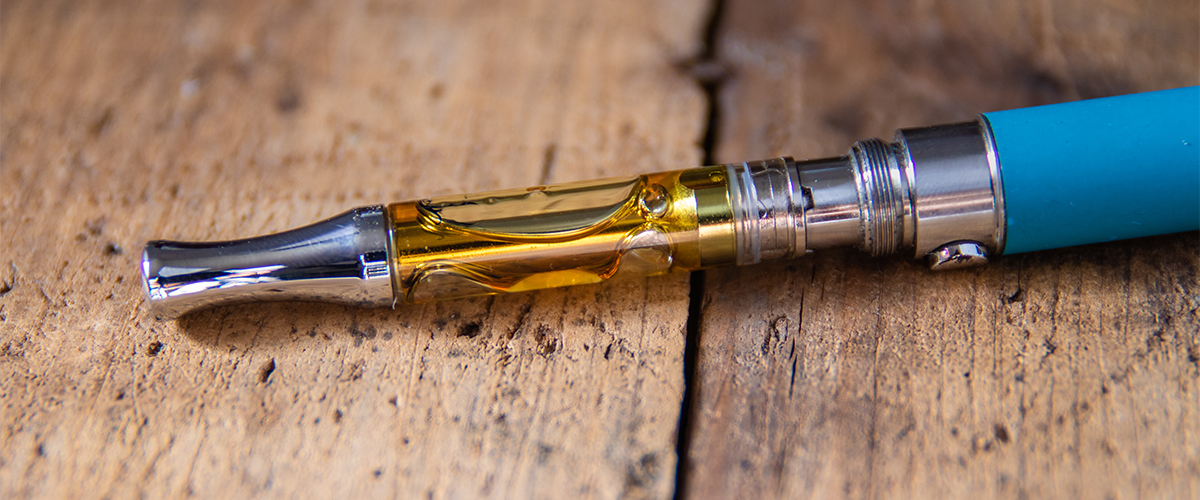A new study shows states with legal access to recreational marijuana had lower rates of vaping–associated lung injury (EVALI) than states with no or limited access to legal cannabis.
After analyzing data from the vaping crisis that rocked the country last year, a new study suggests illicit vape products used by individuals in states without full legal marijuana access played a critical role in the health epidemic.
The goal of the study was to measure whether states with legal marijuana experienced lower rates of vaping-associated lung injury than those states with no legal cannabis access. By using cross-sectional data from the U.S. Centers of Disease Control and Prevention (CDC) on the number of reported EVALI cases for each state in 2019, researchers found the vaping injuries were more common in states with no legal cannabis access.
The findings indicate that legalizing recreational marijuana encourages consumers to buy licensed and regulated products from the legal market rather than through illegal means.
“Our results are suggestive that those in recreational marijuana states may be less likely to purchase illegal marijuana products on the black market,” Dr. Alex Hollingsworth, co-author of the JAMA Network Open study, told United Press International.
Reports show that by the late fall of 2019, more than 2,500 cases of EVALI were confirmed nationally and nearly 50 deaths were associated with the condition. More than half of the documented cases impacted individuals 25 years of age and younger. A majority of EVALI patients reported using THC-containing e-cigarette or vaping products.
For consumers who buy cannabis vape cartridges from legal outlets in states with medical or recreational marijuana legalization, the fear or worry of whether dangerous additives like vitamin E acetate are used can be less. That is because legitimate manufacturers of vaping liquids are held accountable for strict safety measures in testing products.
Researchers from the University of Indiana found that the average recreational marijuana state had 1.7 EVALI cases (95% CI, 0.3-3.1) per million population, while EVALI case rates in medical marijuana states stood at 8.8 cases (95% CI, 5.1-12.5) per million population and 8.1 cases (95% CI, 4.1-12.0) per million population in prohibition states.
“It is possible that in recreational states, people tend to purchase marijuana products at legal dispensaries, which may be less likely to sell the contaminated products that are thought to cause EVALI,” the study’s authors wrote.
Find the study, “Association of State Marijuana Legalization Policies for Medical and Recreational Use With Vaping-Associated Lung Disease,” published in April by the Journal of American Medical Association, here.
Illegal Market Connection to EVALI
The recent study adds more support to a report released in Nov. 2019 by the CDC that found a strong connection between EVALI cases and a synthetic form of vitamin E. Officials from the CDC reported the finding after investigators tested samples of fluid taken from the lungs of 29 patients with vaping illness in 10 different states.
According to health news reports, the samples revealed that in all 29 samples vitamin E acetate, a synthetic form of vitamin E was present. As a result of that study, the CDC recommended not using THC-containing e-cigarette or vaping products obtained from informal sources.
More Cannabis Research
Learn more about the latest research on cannabis by visiting our cannabis scientific research page.
Follow the top cannabis stories of the week and check out new reports on cannabis policy and business by checking out our cannabis industry news page.






